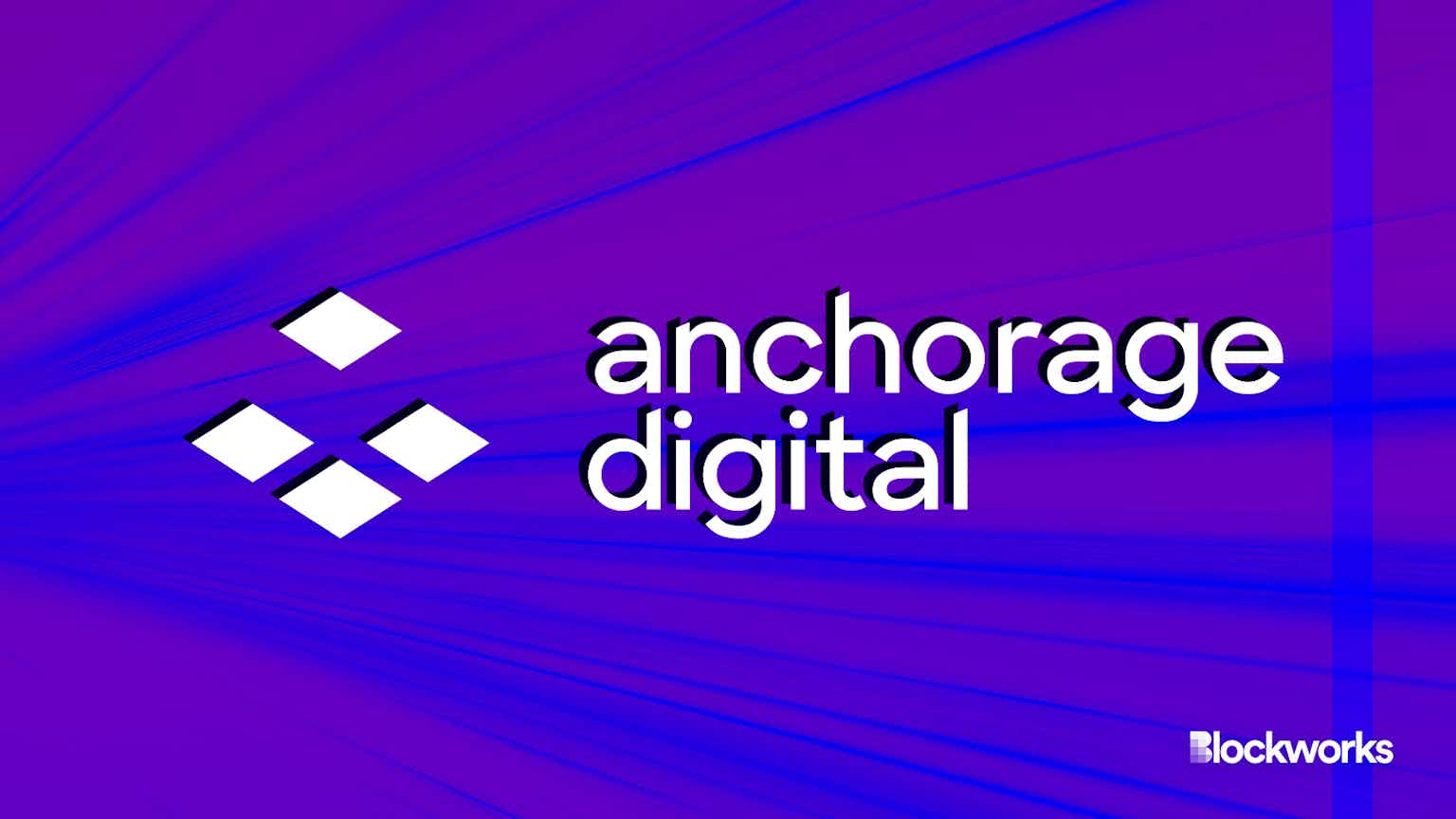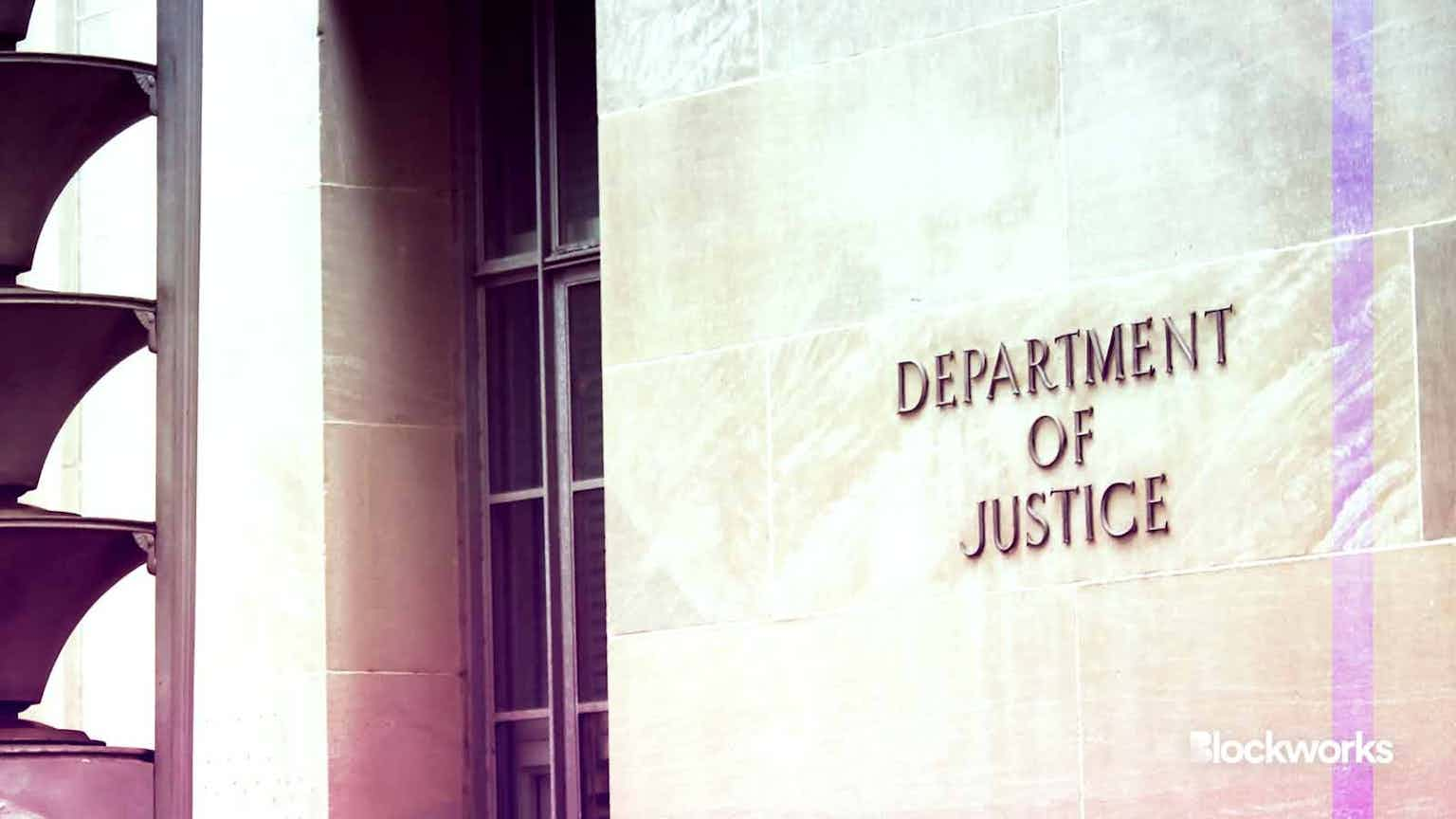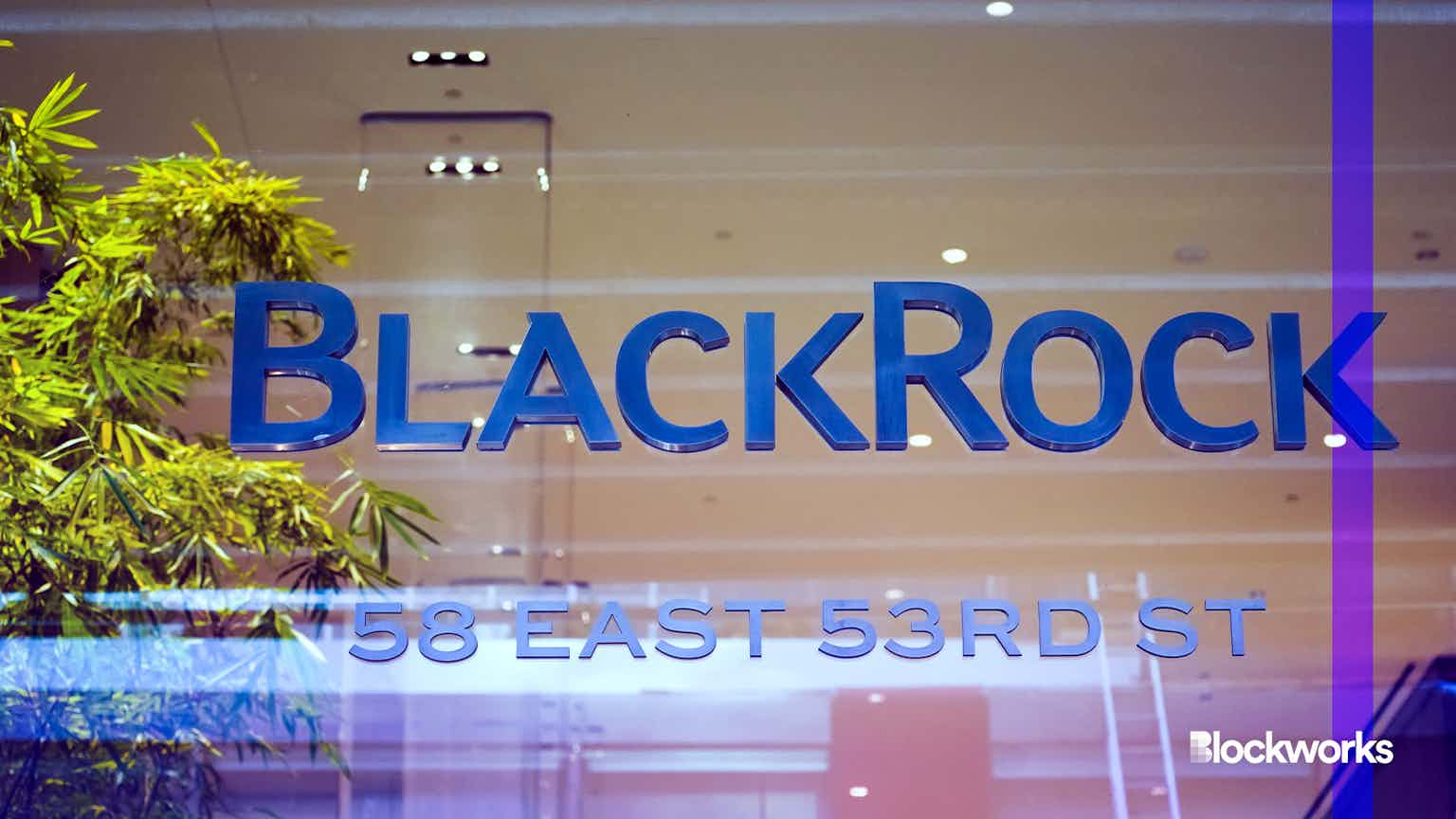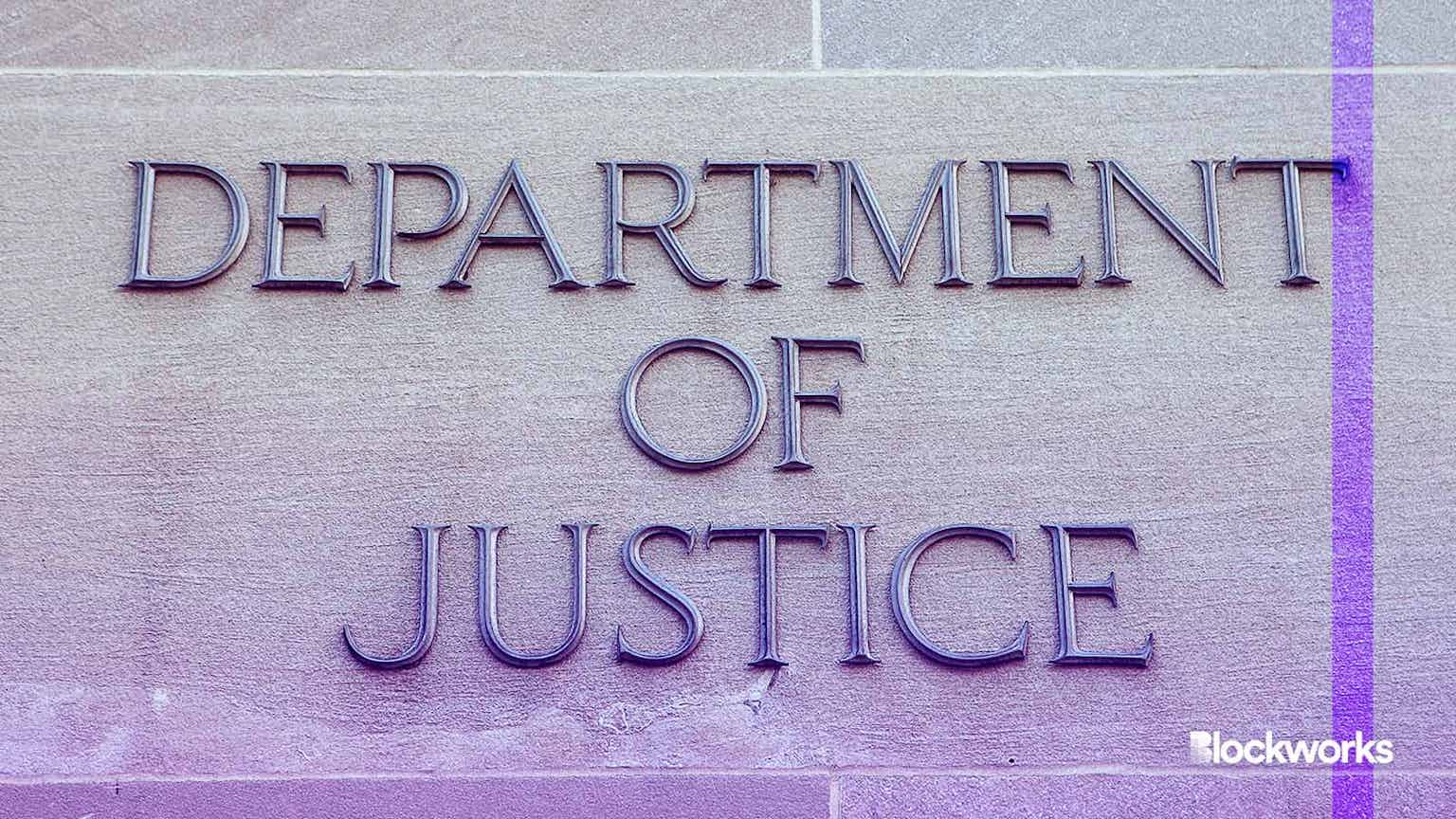Australia Won’t Stop Charging Capital Gains Tax on Crypto
The Australian governmen’s latest annual budget doesn’t give any leeway to crypto, a disheartening move for the local industry

Australian prime minister Anthony Albanese | Source: Shutterstock
key takeaways
- Australian crypto businesses had hoped the government would change the way it approaches digital assets
- The government cited El Salvador’s adoption of legal tender as fuel for confusion over crypto taxes
In Australia, the newly elected Labor Party will keep the country’s capital gains tax on crypto in place, dashing hopes for local investors and businesses.
In its 2022-23 budget, announced Wednesday by Treasurer Jim Chalmers, the government said it aims to introduce legislation that would clarify and maintain the status quo.
Local industry participants had hoped the new government — elected in May — would change the way it approaches crypto in its latest budget announcement.
But the government instead doubled down on treating cryptocurrencies as investments. “This measure removes uncertainty following the decision of the Government of El Salvador to adopt Bitcoin as legal tender and will be backdated to income years that include 1 July 2021,” the government said.
Only two countries formally recognize bitcoin as legal tender: El Salvador adopted the cryptocurrency last year and the Central African Republic did so in April.
Under Australian law, digital assets are viewed as property, and the profits made on crypto transactions are treated as capital gains events, subject to an individual’s marginal tax rate. Similar to shares, an investor can obtain a 50% discount when they hold a digital asset for longer than 12 months.
In any case, investors wouldn’t have received much of a tax break if Australia classified crypto as a foreign currency. Still, businesses may have been able to claim bitcoin losses on their balance sheets, Maryna Kovalenko, co-founder of crypto accounting firm Kova Tax, told Blockworks in an email.
“Clarity from the Australian Government is always welcome, however, there are many other areas of crypto tax that warrant greater attention,” Kovalenko said.
Those areas include tax implications for cross-chain bridges, where assets are transferred from one chain to another, as well as the timing of staking income and consideration of the goods and services tax as it applies to the sale of NFTs.
Tax regime ‘buries’ crypto business across Australia in paperwork
Businesses and other entities in Australia are required to report sales, the cost of crypto sold and the closing balances of assets held.
But many in the crypto space rely heavily on interoperability, staking, and on-chain products — including NFTs — as part of their operations.
For some, like Simon Kertonegoro, CEO of Web3 platform MyMetaverse, the current tax legislation for digital assets remains untenable, with local companies finding it increasingly difficult to chart a course forward.
“If you’re a business doing hundreds of transactions a day, you just get buried in calculations,” Kertonegoro said when asked how the current situation impacts NFTs and digital asset sales. The CEO suggested a cap on when a capital gains event is triggered, excluding transactions below $100.
It gets particularly confusing when trying to determine how much tax is owed, especially when it comes to calculating gas fees, he said.
A business processing a transaction from a customer on Ethereum, for example, would naturally incur gas fees. In the time the process takes place, the price of ether could, theoretically, move significantly in either direction.
The business would then have to work out how much it lost or gained from the gas transaction compared to the value of ether when the business first acquired it. “It basically makes it impossible for small businesses to create on-chain products like NFTs,” Kertonegoro said.
In its latest budget, the government did however state that capital gains tax will not be applied to digital assets issued by a government agency, such as central bank digital currencies (CBDCs), which will be taxed as foreign currency.
Australia’s central bank is expected to complete its own CBDC pilot sometime next year.
Start your day with top crypto insights from David Canellis and Katherine Ross. Subscribe to the Empire newsletter.





